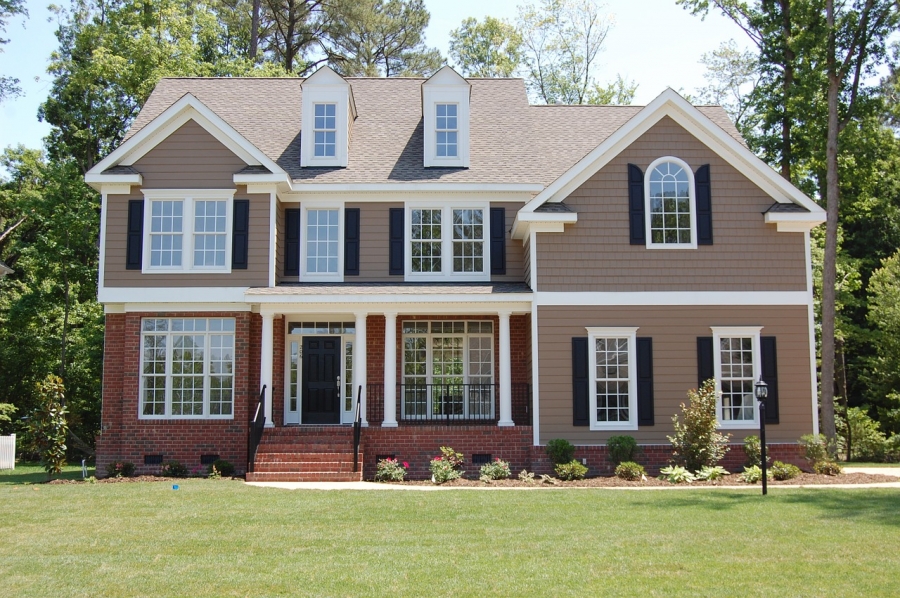Buying a second home is something you might be dreaming of, whether it’s a condo in the Florida Keys or a mountain home in the Smokies.
When you have a second home, it gives you a place to escape to and enjoy time away from the hustle and bustle of your daily life.
There’s one big lingering question—how do you pay for a second home? Can you use financing?
The following is a guide to help you understand the process of buying a second home.
Is It a Second Home or an Investment Property?
First, if you want a second home and you need or want to finance, know there’s a difference in the eyes of lenders as far as whether it’s just a second home or it’s an investment property.
A second home is one that you plan to live in for at least part of the year or visit regularly. An investment property is for income-generation and it should be rented out most of the year.
In a lot of cases, the lender will require that a second home is at least 50 miles from your first home. As far as taxes, if you rent a property out fewer than 180 days a year, it can be considered a second home.
An investment property can be rented out as someone’s full-time home or as a vacation rental.
If a home is rented out more than 180 days a year, it is usually considered an investment property.
The lending requirements and qualification guidelines are more lenient for a second home than an investment property. For both, the credit requirements are tougher than for a loan on a primary home.
Mortgage Rates
The mortgage rates are typically higher for an investment property than they will be for a second home, with all other factors the same.
You might expect to pay anywhere from 0.50% to 1% more for a mortgage on an investment property compared to a second home. This is because lenders see investment properties as more of a risk than a vacation home.
Both are going to have higher interest rates than a mortgage on a primary residence.
The concept is understandable—you’re more likely to walk away from something secondary than you are the home you live in.
Down Payments
The down payment required on an investment property is higher than what’s required for a second home. You might pay as little as 10% down for a second home, but for an investment property, you may have to put 20 to 25% down.
Again, both second homes and investment properties usually have higher down payment requirements than for a primary residence.
Lending Requirements
You’re going to have to show a lender that you have enough money to cover everything for your primary home and also the payments on another property.
You may need to have enough cash reserves to cover the payments on both mortgages for up to six months, depending on the lender.
For both second homes and vacation properties, this can be the case. If you’re buying an investment property, a lender might also want to see you have experience managing a property.
What If You Claim Your Investment Property Is a Second Home?
You could be tempted to say that you’re buying a second home, for the less stringent lending requirements, instead of an investment property. While that’s not an uncommon lie buyers tell lenders, you can face fines because it’s called occupancy fraud.
If your lender figures out you’re engaging in occupancy fraud, it can also put you into default on your loan.
Be aware that mortgage companies might even do random visits to properties to see who’s living there.
Finally, what if you were to want to turn a vacation home into an investment property after you buy it?
You shouldn’t make a change until at least a year after closing because it might spark an investigation by your lender. However, if you’re a few years into your mortgage, the lender is less likely to take any action.
You’ll have to report your earnings when you file your taxes, and if you ever refinance your original mortgage, you’ll have to update the occupancy status.
The key takeaway here is that yes, you can get financing for a second home or an investment property, but it’s tougher than getting a mortgage on a primary residence. Expect to put more down, pay higher interest rates, and be subject to more scrutiny.







